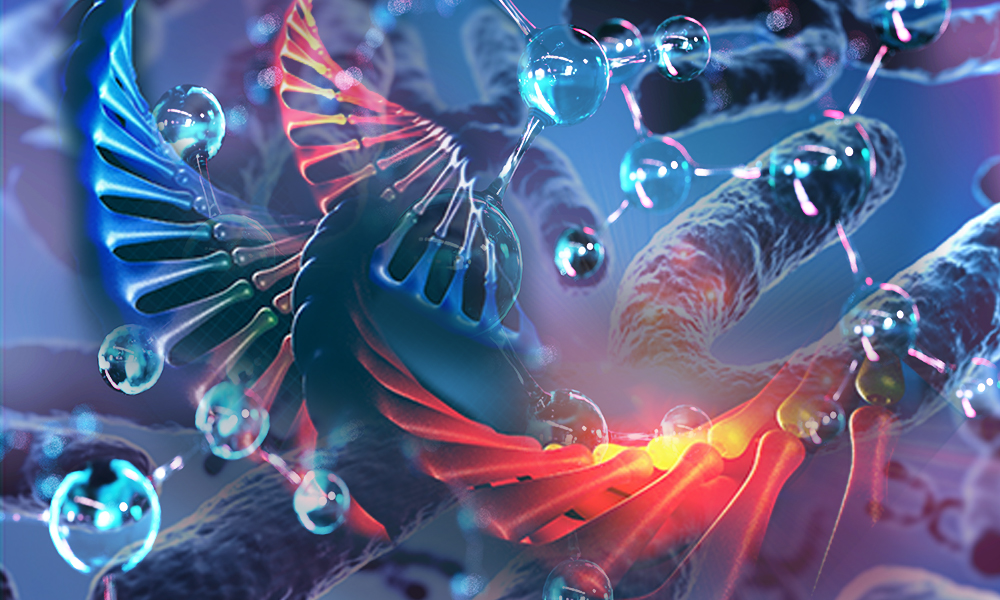Epigenetics is a relatively new field of study that deals with the changes in gene expression that occur without altering the DNA sequence. These changes can be influenced by various factors, including environmental factors, lifestyle, and aging. Epigenetic changes can result in the activation or silencing of genes, leading to the development of diseases or the improvement of health.
What is Epigenetics?
Epigenetics is the study of changes in gene expression that occur without altering the DNA sequence. These changes can be inherited or acquired during an individual’s lifetime. Epigenetic changes involve modifications to the DNA molecule or the proteins associated with it. These modifications can affect how genes are expressed, leading to the activation or silencing of certain genes.

How Genes Can Be Activated and Silenced
Epigenetic changes can either activate or silence genes. The most common epigenetic modification is the addition or removal of chemical tags called methyl groups to the DNA molecule. When a methyl group is added to a gene, it can silence the gene and prevent it from being expressed. Conversely, when a methyl group is removed from a gene, it can activate the gene and allow it to be expressed.
Another way that genes can be activated or silenced is through the modification of the histone proteins associated with the DNA molecule. Histones are proteins that help package DNA into a compact structure called chromatin. When histones are modified, they can either loosen or tighten the chromatin structure, making certain genes more or less accessible to the transcription machinery that reads and transcribes DNA into RNA.
The Role of Epigenetics in Health and Disease
Epigenetic changes can have a significant impact on health and disease. For example, some epigenetic changes can increase the risk of developing certain diseases, while others can protect against them. Epigenetic changes can also be influenced by environmental factors, such as diet and exposure to toxins, and lifestyle factors, such as exercise and stress.

Understanding epigenetics is crucial for developing new therapies and treatments for a variety of diseases, including cancer, diabetes, and heart disease. By targeting specific epigenetic changes responsible for disease, researchers can develop new drugs that can activate or silence genes, leading to improved health and better disease outcomes.
Epigenetics is a fascinating field of study that helps us understand how genes can be activated or silenced without altering the DNA sequence. Epigenetic changes can be influenced by various factors, including environmental factors, lifestyle, and aging. By understanding the role of epigenetics in health and disease, we can develop new therapies and treatments for a variety of diseases, leading to improved health and better disease outcomes.










